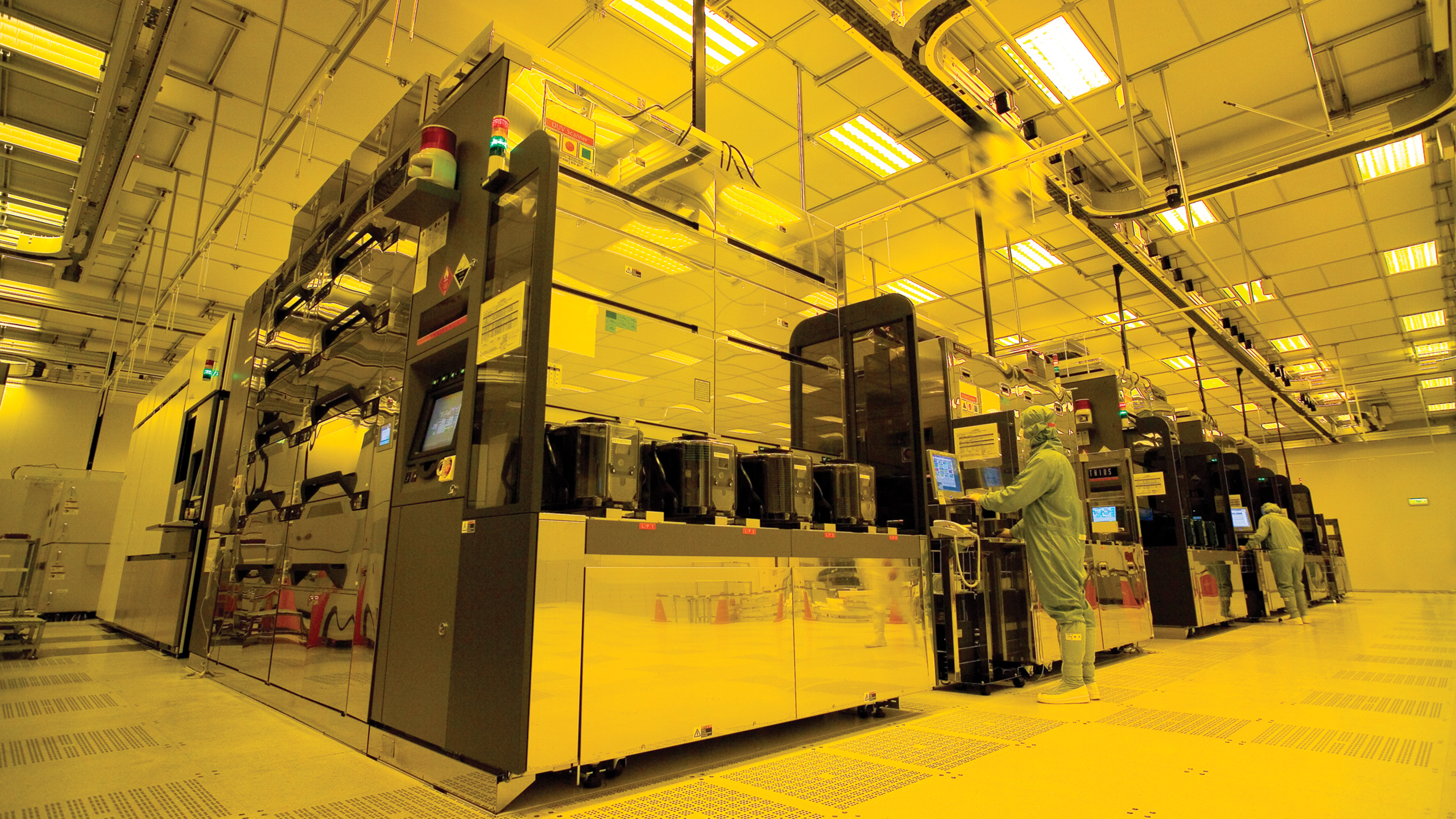Taiwan says its chip fabs are safe from China’s rare-earth crackdown
Beijing’s latest export controls skip silicon but tighten pressure on niche metals essential to PC hardware.

Taiwan’s Ministry of Economic Affairs says the island’s chip sector will see “no significant impact” from China’s newly expanded rare-earth export controls, in comments first reported by Reuters on October 12. Those reassuring words come just days after Beijing added a fresh batch of heavy rare earths to its licensing regime — including holmium, erbium, thulium, europium, and ytterbium — and widened the scope to cover associated materials and processing tech.
Officials in Taipei were quick to note that these specific metals aren’t used by TSMC in wafer production, and that Taiwan already sources most of its rare-earth derivatives from allies in Europe, Japan, and the United States.
But while fabs like TSMC may not rely on holmium or thulium, rare-earth elements remain deeply embedded in the wider tech stack, particularly in high-performance magnets. That’s where the ripple effects could begin to show, even if the core fab process escapes unscathed.
The new rules, which took effect on October 9, are part of an ongoing campaign to tighten China’s grip on rare-earth supply chains. Beijing’s Ministry of Commerce said the controls are designed to safeguard national security and interests, but the language mirrors past moves aimed at weaponizing materials dominance in retaliation for U.S. export restrictions.
Unlike previous rounds of restrictions that focused on neodymium and dysprosium, this wave targets elements with niche but strategic uses. Europium, for instance, is still used in some high-efficiency display phosphors. Others, like ytterbium, play a role in specialty lasers and cooling systems.
More importantly, the new licensing rules can apply not just to raw exports, but to any derivative products or technical documentation, and to any end use flagged as sensitive. That includes AI chips, quantum tech, and advanced defense hardware. And while China says licenses will still be granted, the added paperwork and discretionary enforcement slow things down.
Taiwan’s economic ministry isn’t wrong to downplay the threat to semiconductor front-ends. But the PC space runs on more than silicon. Hard drives, for example, depend on voice-coil actuators and spindle motors built around high-performance magnets. Those magnets often rely on heavy rare-earth dopants to retain coercivity at elevated temperatures. The more China turns the screws on exports, the more likely it is that HDD and component vendors begin feeling the squeeze.
Get Tom's Hardware's best news and in-depth reviews, straight to your inbox.
So, while there’s no immediate sign that fabs in Taiwan will suffer under this specific round of Chinese export controls, China doesn’t need to hit chipmakers directly to shake up supply chains. As licensing delays accumulate and enforcement expands, friction will continue to build downstream.
Follow Tom's Hardware on Google News, or add us as a preferred source, to get our latest news, analysis, & reviews in your feeds.


Luke James is a freelance writer and journalist. Although his background is in legal, he has a personal interest in all things tech, especially hardware and microelectronics, and anything regulatory.
-
Ralston18 What was it said about the RMS Titanic being "unsinkable"?Reply
No shortages of hubris these days...... -
jkhoward It’s really sad we shipped all our “earth bad” operations overseas just for this to happen. With today’s technology we can easily make these mining technologies more safe than ever before. Countries need to start looking out for themselves.Reply -
Grobe Reply
The "what" isn't interesting, it's the WHEN that is. It was at least in interim peace time.Ralston18 said:What was it said about the RMS Titanic being "unsinkable"?
So my package of rare earth materials that I ordered on Temu isn't in fact rare earth metals after all ? 😅pug_s said:Why is this 'news'? China's rare earth restrictions is towards military use. -
Cookielover Reply
https://external-content.duckduckgo.com/iu/?u=https%3A%2F%2Fmedia.makeameme.org%2Fcreated%2Fis-it-though-5b0c0c.jpg&f=1&nofb=1&ipt=5a8231adb849e351d05e29e3bdaf42b7bf0ece0b9f458e097e808758d4b4c9e8pug_s said:Why is this 'news'? China's rare earth restrictions is towards military use.
What dictators say is always taken at face value!!!